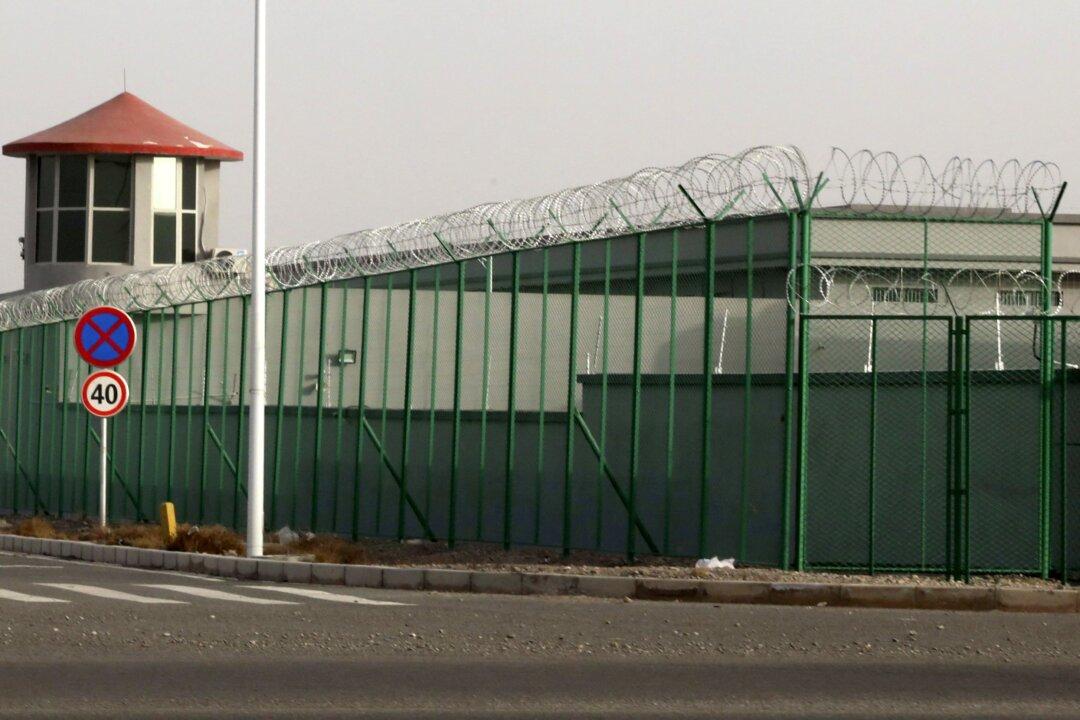Unlike Bernie Sanders, Hillary Clinton has outlined a tough-minded strategy to defeat the Islamic State (ISIS). Part of her “Smart Power” foreign policy, it uses the optimal combination of tools—diplomatic, economic, military, political, technological, and cultural.
Destroying ISIS, she told the Council on Foreign Relations last November, should be part of a comprehensive counterterrorism campaign. Specifically, the 65-member international coalition must intensify its efforts to deny ISIS control of territory. This necessitates more allied planes, more strikes, a broader target set, and an immediate “intelligence surge” to identify and eliminate ISIS’s command, control, and economic lifelines.
Clinton and others feel that Russia and Iran must accept the reality that propping up a vicious dictator will not bring peace and stability.





